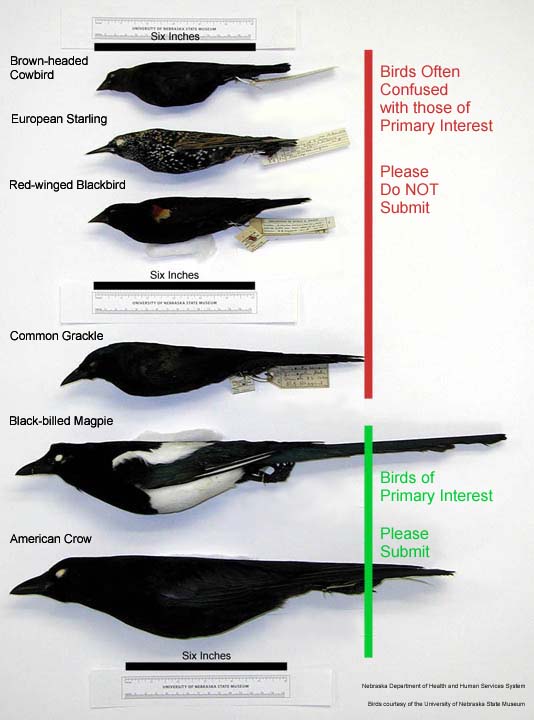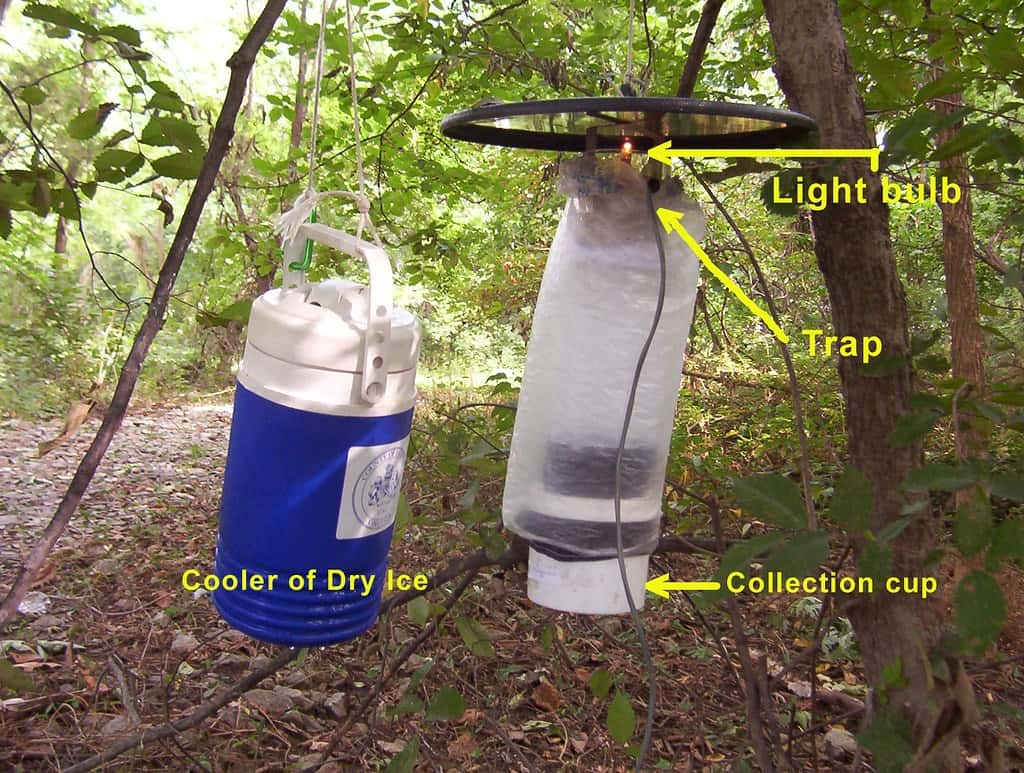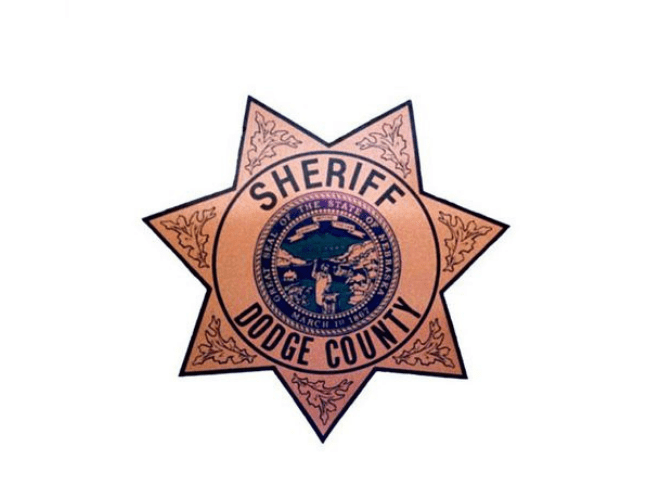Three Rivers Public Health Department is once again providing surveillance for West Nile virus (WNV) through mosquito trapping and the reporting of dead birds.
Due to a decrease in funding, Three Rivers Public Health Department will no longer be collecting dead birds for testing. However, Three Rivers will continue to take reports of dead birds. The birds of greatest interest for reporting are Corvids (American Crow, Black-billed Magpie, Blue Jay).

To report a dead bird, residents should contact Three Rivers at 402-727-5396.
Three Rivers Public Health Department will also be trapping mosquitoes throughout Dodge County during the summer months to test for the West Nile virus. If you come across a mosquito trap, please do not disturb it (Traps are blue and labeled with Three Rivers Public Health Department similar to the picture below).

Transmission of West Nile virus occurs through the bite of a mosquito that has acquired the virus by feeding on an infected bird. In turn, the mosquito can pass the virus to humans. You cannot get West Nile virus from a dead bird. The best thing the public can do to protect themselves from West Nile virus is to avoid mosquitoes.
People can reduce their risk by:
- Using a repellant that contains DEET
- Wearing long-sleeved shirts, long pants, shoes, and socks
- Taking extra precautions when going outdoors at dawn and dusk when mosquitoes are most active
- Removing standing water where mosquitoes breed
Most people who are infected have no symptoms or only mild flu-like symptoms. About one out of 150 people infected with West Nile virus become severely ill. However, people over 50, and those with weakened immune systems, are especially vulnerable to the disease and are more likely to experience serious consequences.
West Nile virus may also cause illness in horses. While horses are susceptible to WNV infection, many infected horses do not develop clinical illness and recover uneventfully. Vaccination and mosquito control minimizes the risk of WNV infection in horses. Horse owners should consult with their veterinary practitioners to ensure current WNV vaccination status of their horses.
For more information, call the Three Rivers Public Health Department at 402-727-5396 or visit www.threeriverspublichealth.org.
Additional information can be found on the Department of Health & Human Services Website at: http://dhhs.ne.gov/Pages/West-Nile-Virus.aspx











